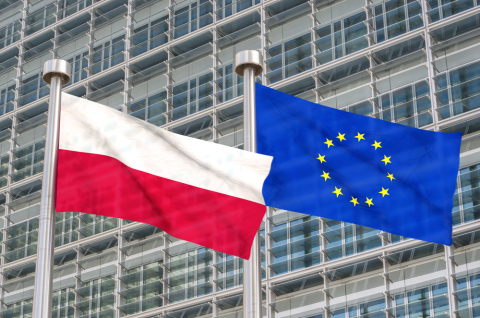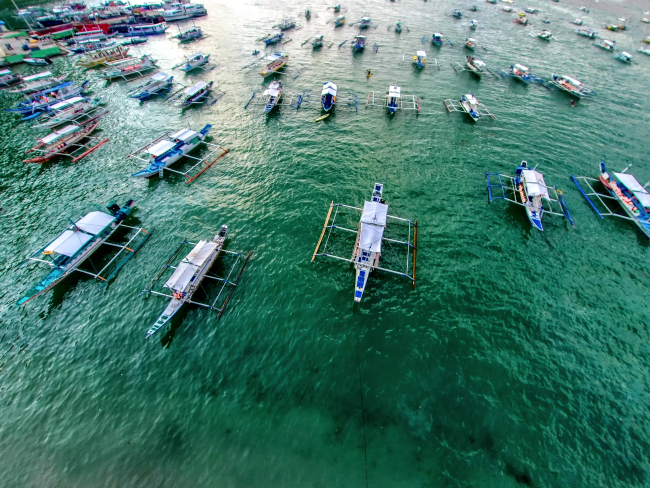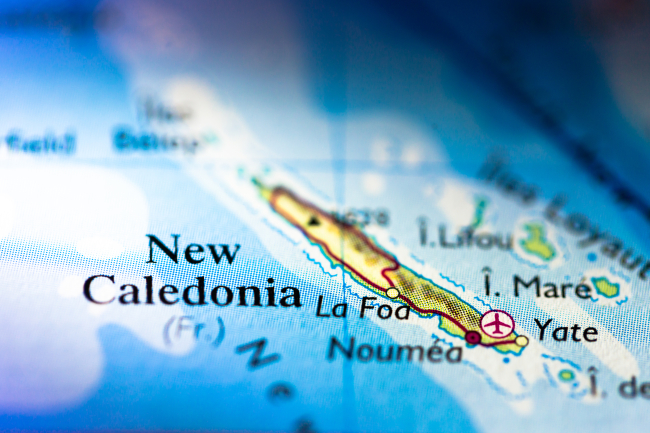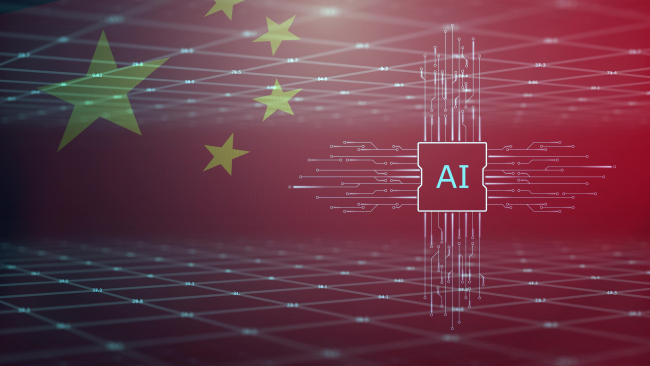The EU, the Indo-Pacific and the US-led IPEF: Which Way Forward?
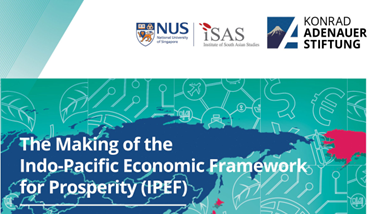
The paper provides a European Union (EU) perspective on the Indo-Pacific Economic Framework (IPEF).
First, the recent progress made by the IPEF has given new momentum to the EU’s engagement with the Indo-Pacific (IP) partners and to its recently launched Indo-Pacific strategy.
In terms of substance, two issues appear to be at the forefront of the IPEF as well as of the EU’s Indo-Pacific strategy, namely supply chain resilience enhancement and various aspects of the digital economy.
There is probably scope for convergence and cooperation between the EU and the IPEF countries on the former issue, which is addressed indirectly in different EU’s digital partnerships, while it is the area where the IPEF has made most substantial progress.
However, the differences between the EU’s and the United States’ (US) approaches to some aspects of the digital economy may act as stumbling blocks and give rise potentially to some form of competition in the IP region, making cooperation on data-based efforts to enhance supply-chain resilience rather complicated.
> Read the whole chapter on the website of the Konrad Adenauer Shiftung.

Available in:
Regions and themes
Share
Related centers and programs
Discover our other research centers and programsFind out more
Discover all our analysesThe Case for Enhanced France-Philippines Maritime Cooperation
France and the Philippines, two Indo-Pacific nations, can capitalize on their shared interests, needs, and expertise in maritime security and governance, ultimately fostering strategic rapprochement.
France’s maritime security cooperation in the Pacific
France plays a significant role in Pacific maritime security, particularly through the active participation of its overseas territories and the contribution of its stationed armed forces to regional cooperation initiatives.
Taiwan’s Rising Space Program: Building Up Industry, Supporting National Security
Taiwan, known for its leadership in semiconductors and information and communications technology (ICT), is now making significant strides in the space industry. While historically modest, Taiwan’s space program has seen a transformation since 2020, driven by President Tsai Ing-wen’s commitment to expanding the country’s space capabilities. Key milestones include the passage of the Space Development Act and the creation of the Taiwan Space Agency (TASA), which has bolstered the resources and visibility of Taiwan’s space ambitions.
AI and Technical Standardization in China and the EU: Diverging priorities and the need for common ground
Given the highly disruptive potential of AI, global cooperation on AI safety and governance is imperative, and yet the deeply transformational potential of AI also ensures that a high level of competition and systemic rivalry is likely unavoidable. How can the EU best manage its complex relationship with China in the field of AI so as to ensure a necessary level of cooperation in spite of competition and rivalry?




